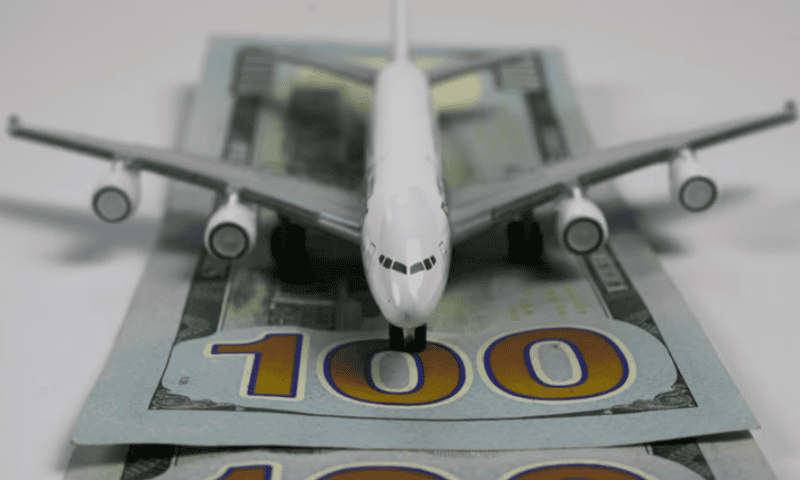Neurodegenerative biotech Coya Therapeutics has handed over key commercialization rights to an amyotrophic lateral sclerosis (ALS) prospect to existing partner Dr. Reddy’s, and it’s also fundraising off the deal.
Dr. Reddy’s will have commercialization control of COYA 302 in the U.S., U.K., Canada and the EU, giving the Houston biotech $7.5 million in exchange with almost $700 million in biobucks available, according to an announcement Wednesday.
One of the milestone payments could come in a matter of months, with Coya set to earn $4.2 million if the FDA accepts its clinical trial application for a phase 2 trial, set for the first half of 2024. The company stands to earn another $4.2 million once the first patient in that trial is dosed.
Coya CEO Howard Berman said in a release that the deal provides enough capital to pay for the phase 2 trial.
“We will benefit from and leverage Dr. Reddy’s manufacturing expertise and growing commercial infrastructure both in the USA and worldwide as we plan together for the future of COYA 302 in ALS, a devastating disease with a high unmet need,” he said.
In conjunction with the deal, Coya raised a $26.5 million private placement, with former U.S. Secretary of Commerce Wilbur Ross among the new syndicate. Ross is now set to join Coya’s board of directors.
The new commercial pact with Dr. Reddy’s is the second collaboration between the two companies after Coya licensed Dr. Reddy’s biosimilar abatacept to be part of a combination treatment that makes up COYA 302. The asset tacks on abatacept, a CTLA4-Ig, with a low-dose IL-2, hoping to stymie neuroinflammation through a handful of pathways.
As part of that deal announced in March, Coya paid an undisclosed upfront fee with additional milestone payments on the table.
Coya finished off the third quarter with $10.9 million in cash, according to the company’s earnings report, indicative of a relatively slow cash burn after raising more than $15 million in an IPO that closed in early January.

